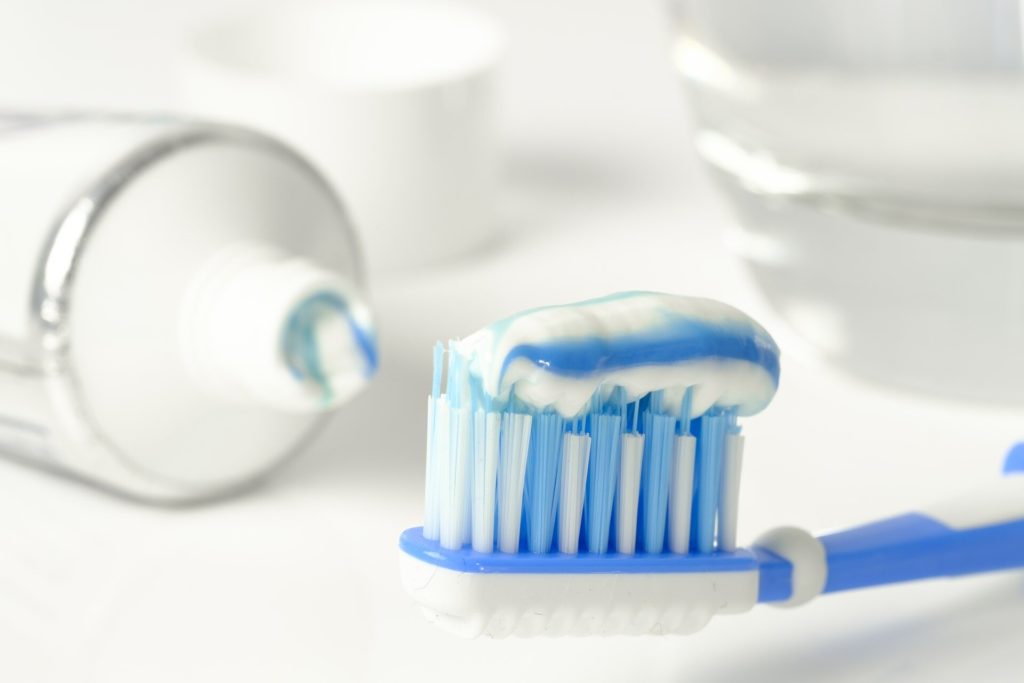
A new study conducted in mice demonstrates precisely how triclosan, an antimicrobial found in many household items, including some toothpastes, toys and thousands of other products, can trigger gut inflammation.
Increasingly, research links triclosan with the gut microbiome and gut inflammation. A new study looks at the potential for combating damage to the intestine. The findings suggest new approaches for improving the diagnosis, prevention and treatment of inflammatory bowel disease.
An international team of researchers led by the University of North Carolina at Chapel Hill, the University of Massachusetts Amherst and Hong Kong Baptist University identified the bacteria, and even specific enzymes, that trigger triclosan’s harmful effects...
Read More









Recent Comments